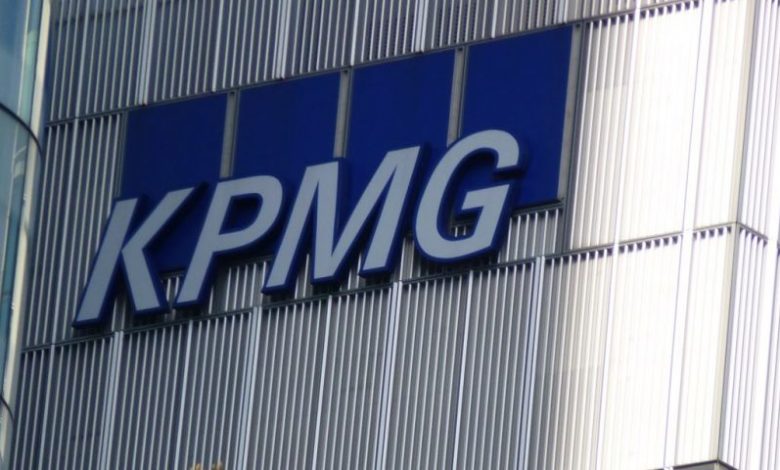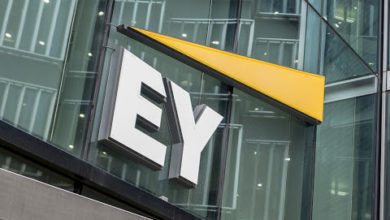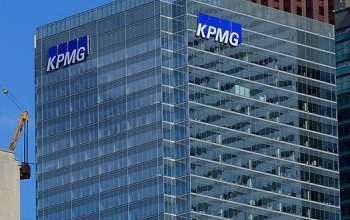
The Securities and Exchange Commission (SEC) has charged KPMG with altering past audit work after it received stolen information about inspections of the firm that would be conducted by the Public Company Accounting Oversight Board (PCAOB).
The SEC’s order also found that numerous KPMG audit professionals cheated on internal training exams by improperly sharing answers and manipulating test results.
The Big Four firm agreed to settle the charges by paying a $50m (£40m) penalty and complying with a set of undertakings, including retaining an independent consultant to review and assess the firm’s ethics and integrity controls and its compliance with various undertakings.
Five former KPMG officials were charged last year in a case alleging they schemed to interfere with the PCAOB’s ability to detect audit deficiencies at the firm. According to the commission’s order issued against the accounting firm, these senior personnel sought and obtained confidential PCAOB lists of inspection targets because the firm had experienced a high rate of audit deficiency findings in prior inspections and improvement had become a priority.
The now-former KPMG personnel oversaw a program to review and revise certain audit work papers after the audit reports had been issued to reduce the likelihood of deficiencies being found during inspections.
The SEC’s order also found that KPMG audit professionals who had passed training exams sent their answers to colleagues to help them to get passing scores. The exams related to continuing professional education and training mandated by a prior SEC order finding audit failures. They sent images of their answers by email or printed answers and gave them to colleagues.
Furthermore, it was found that certain KPMG audit professionals manipulated an internal server hosting training exams to lower the score required for passing. By changing a number embedded in a hyperlink, they manually selected the minimum passing scores required for exams. Some audit professionals achieved passing scores while answering less than 25% of the questions correctly.
In addition to paying a $50m penalty, KPMG is required to evaluate its quality controls relating to ethics and integrity, identify audit professionals that violated ethics and integrity requirements in connection with training examinations within the past three years, and comply with a cease-and-desist order. The SEC’s order requires KPMG to retain an independent consultant to review and assess the firm’s ethics and integrity controls and its investigation.
KPMG has admitted the facts in the SEC’s order. It has also acknowledged that its conduct violated a PCAOB rule requiring the firm to maintain integrity in the performance of a professional service and provides a basis for the SEC to impose remedies against the firm pursuant to Sections 4C(a)(2) and (a)(3) of the Exchange Act and Rules 102(e)(1)(ii) and (iii) of the Commission’s Rules of Practice.
The SEC’s investigation, which is continuing, has been conducted by Ian Rupell and Paul Gunson and supervised by Rami Sibay.
SEC chairman, Jay Clayton, said: “High quality financial statements prepared and reviewed in accordance with applicable accounting principles and professional standards are the bedrock of our capital markets. KPMG’s ethical failures are simply unacceptable. The resolution the Enforcement Division has reached holds KPMG accountable for its past failures and provides for continuing, heightened oversight to protect our markets and our investors.”
Steven Peikin, co-director of the SEC’s enforcement division, added: “The breadth and seriousness of the misconduct at issue here is, frankly, astonishing. This settlement reflects the need to severely punish this sort of wrongdoing while putting in place measures designed to prevent its recurrence.”








